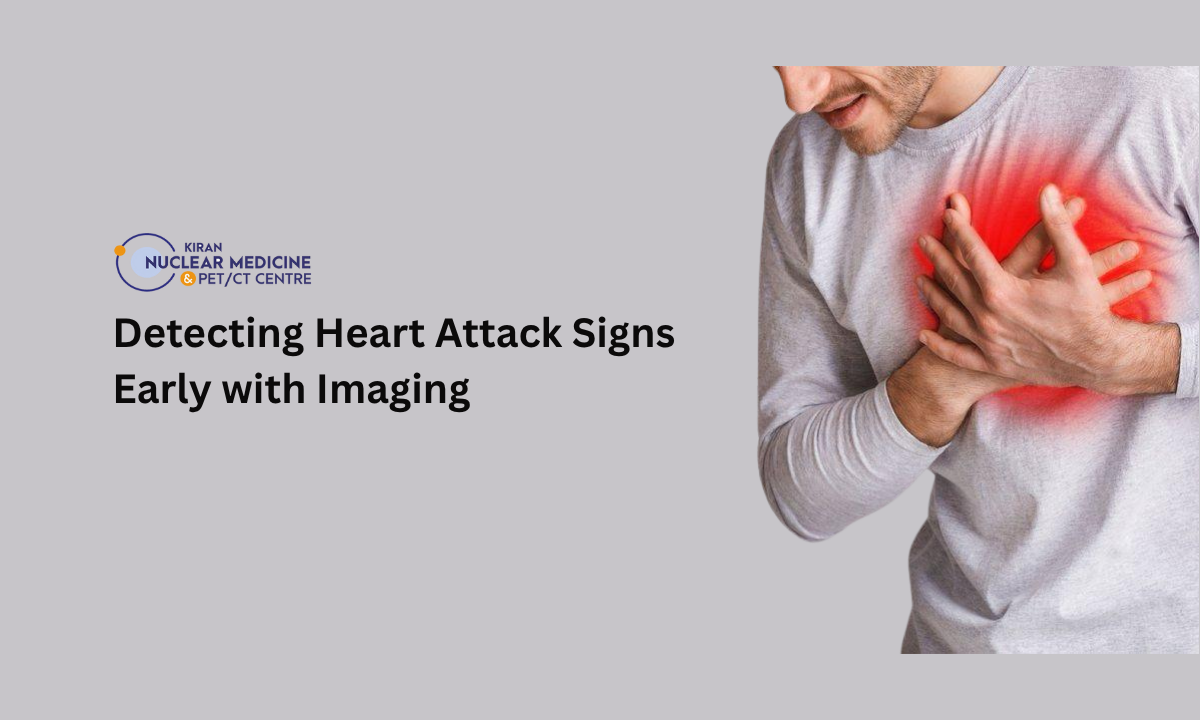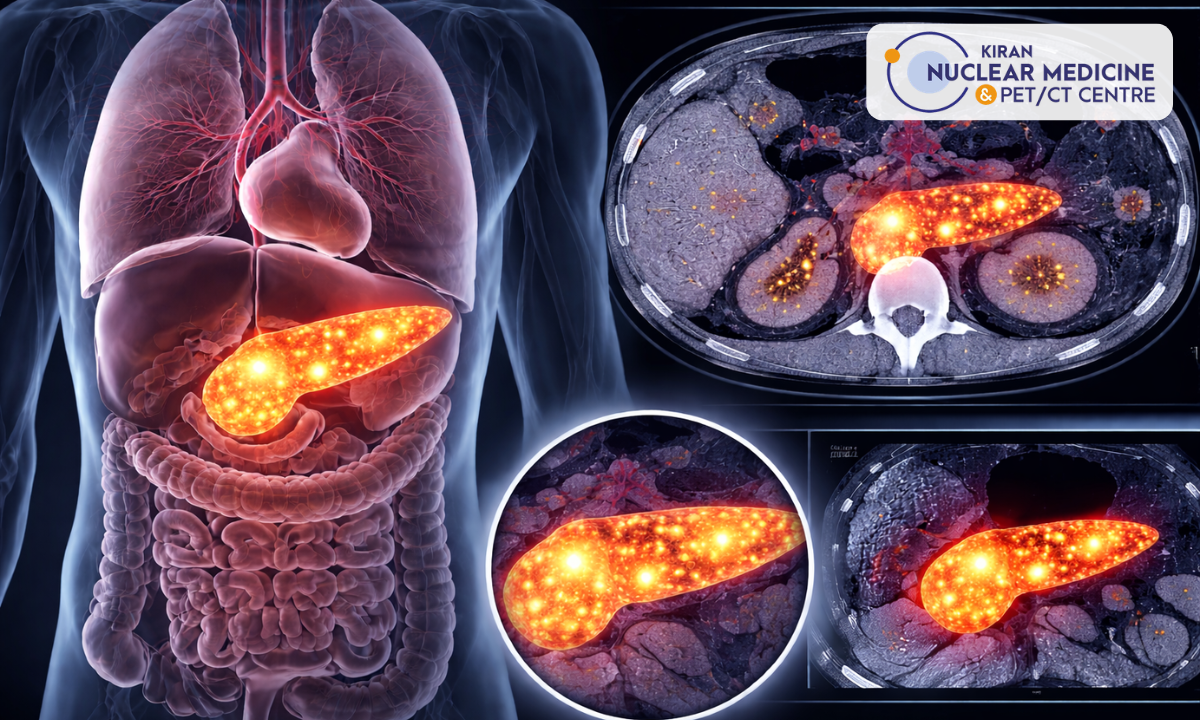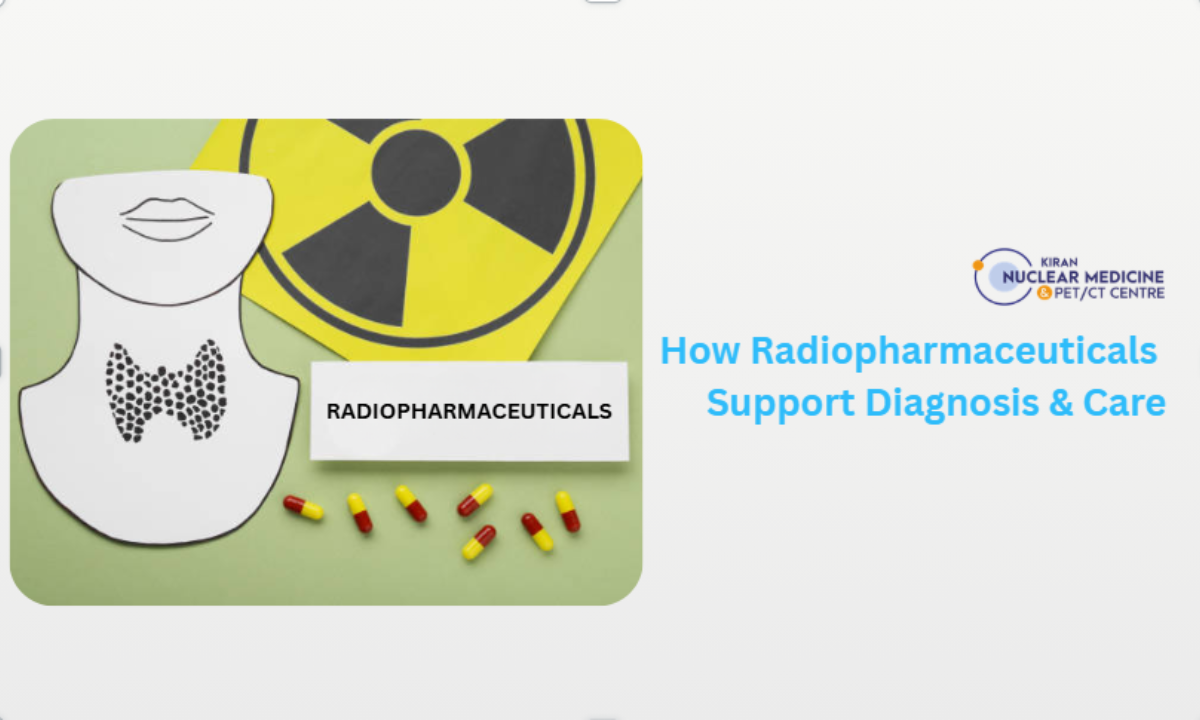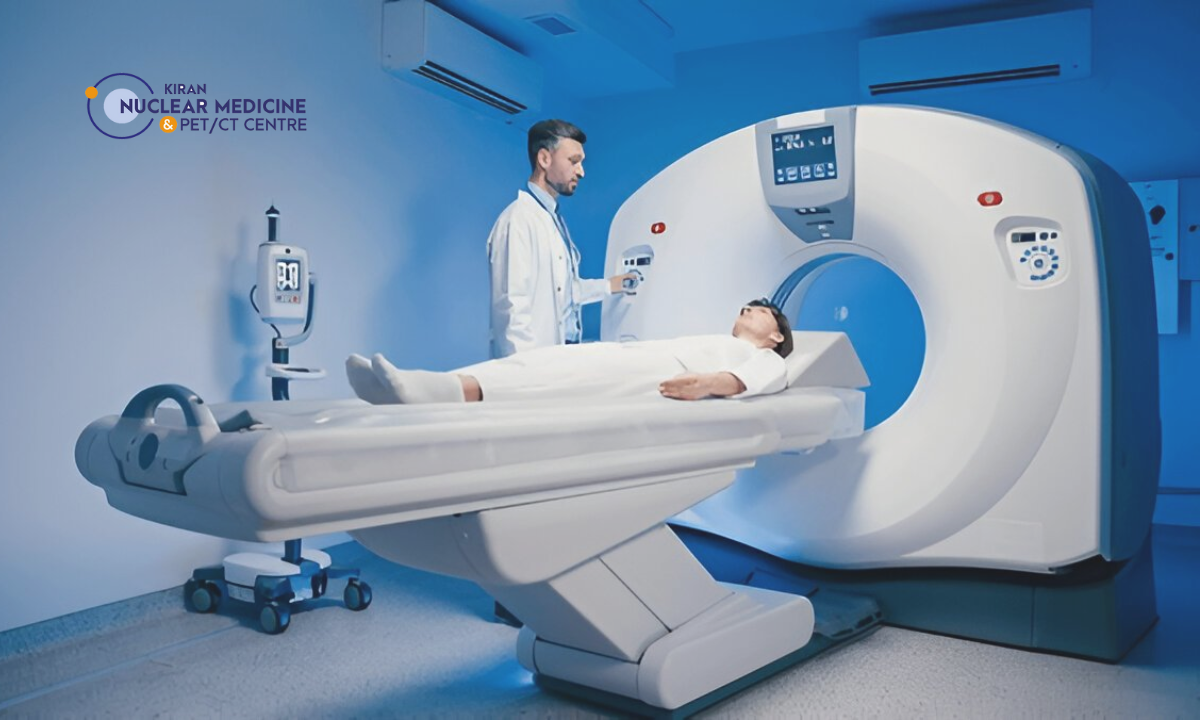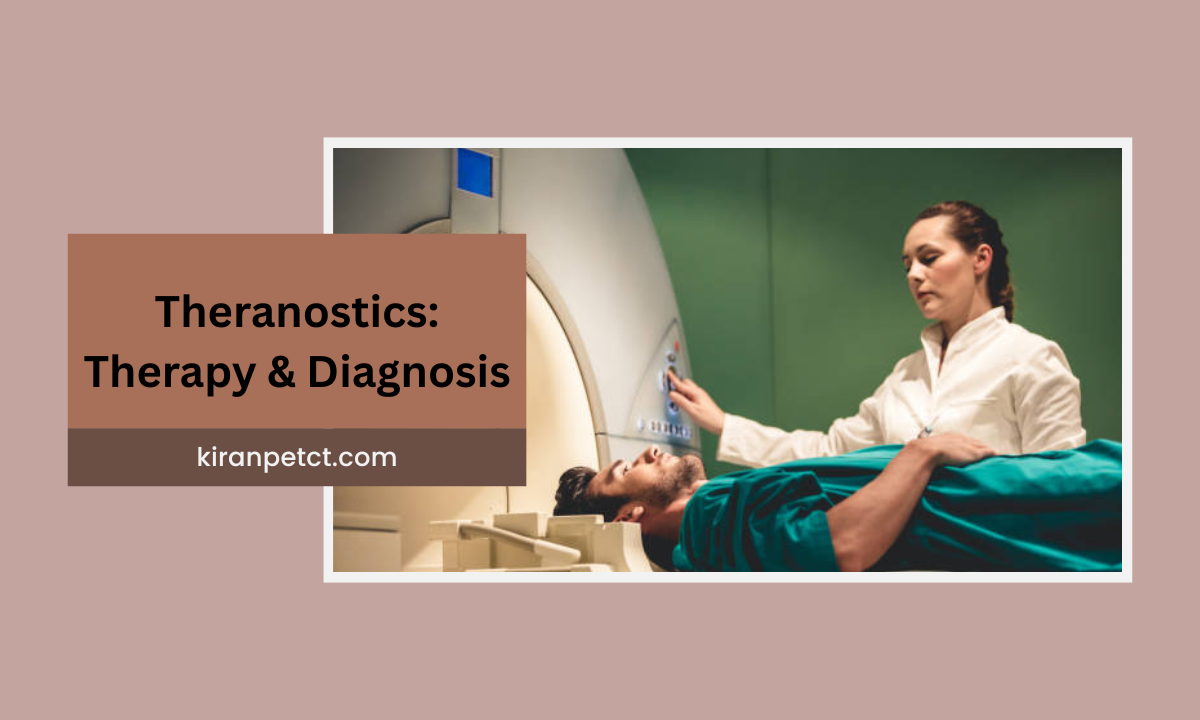Heart attack symptoms can appear suddenly and without warning, making early detection crucial for saving lives. Every minute counts when it comes to cardiac emergencies, and recognizing the signs early can make all the difference between life and death.
We understand that heart health is not something to take lightly. With advances in medical imaging technology, we now have powerful tools to diagnose heart conditions before they become life-threatening.
At a trusted SPECT scan centre in Bangalore, patients can access advanced diagnostic services that reveal what’s happening inside the heart with remarkable precision.
Understanding Heart Attack Risk Factors
Before we dive into symptoms, let’s talk about who’s at risk.
Heart attack risk increases with age, family history, high blood pressure, diabetes, obesity, and lifestyle factors like smoking and lack of exercise.
Men over 45 and women over 55 face higher risks, but heart attacks can happen to anyone at any age.
Knowing your risk factors helps you stay vigilant about symptoms and seek medical attention promptly when needed.
Recognizing Heart Attack Symptoms in Men
Heart attack symptoms in men often present as the classic warning signs we have all heard about.
The most common symptom is intense chest pain or discomfort that feels like pressure, squeezing, or fullness. This pain may radiate to the arms, shoulders, neck, jaw, or back.
Men may also experience shortness of breath, cold sweats, nausea, and lightheadedness. Some describe a feeling of impending doom that something is terribly wrong.
These symptoms require immediate medical attention and shouldn’t be ignored or dismissed as indigestion or anxiety.
Heart Attack Symptoms for Ladies: A Different Presentation
Heart attack symptoms for ladies can be quite different from men, which is why many women’s heart attacks go undiagnosed.
Women are more likely to experience subtle symptoms like unusual fatigue, sleep disturbances, and anxiety in the weeks leading up to a heart attack.
During the actual event, women may have nausea, vomiting, back pain, or jaw pain without the classic heart attack symptoms, such as chest pain.
This is why awareness of gender differences in cardiac symptoms is so critical for early heart attack diagnosis.
Many women describe their symptoms as less dramatic than expected, leading to dangerous delays in seeking treatment.
The Role of Advanced Imaging in Heart Attack Diagnosis
This is where modern technology becomes a lifesaver.
Advanced imaging techniques allow us to see inside the heart and blood vessels with incredible detail. These non-invasive tests can detect blockages, assess blood flow, and identify areas of heart muscle damage before a full-blown heart attack occurs.
Early detection through imaging allows us to intervene with medications, lifestyle changes, or procedures that prevent heart attacks altogether.
Cardiac CT Scan: A Window Into Your Heart
A cardiac CT scan uses specialized X-ray technology to create detailed 3D images of your heart and coronary arteries.
This heart CT scan can detect calcium buildup in the arteries, which indicates atherosclerosis and increased heart attack risk. The scan takes just minutes and provides cardiologists with vital information about your cardiovascular health.
It’s particularly useful for people with chest pain or those at moderate risk who need a clearer picture of their heart health.
MPI Scan and Nuclear Imaging Techniques
An MPI scan (myocardial perfusion imaging) evaluates blood flow to the heart muscle during rest and stress.
This test uses a small amount of radioactive tracer that highlights areas of the heart receiving inadequate blood supply. A SPECT scan centre in Bangalore offers this sophisticated imaging that can detect coronary artery disease before symptoms become severe.
The results help doctors determine if blockages exist and how serious they are, guiding treatment decisions effectively.
PET Scan Technology for Cardiac Assessment
A PET scan in Bangalore provides another level of detail for heart attack diagnosis.
PET imaging assesses both blood flow and heart muscle viability with exceptional accuracy. It’s especially valuable for patients with complex cardiac conditions or those who’ve already had a heart attack.
This technology helps determine which areas of the heart muscle can recover with treatment and which have permanent damage.
When to Seek Advanced Imaging
Not everyone needs advanced imaging, but certain situations call for it.
If you have chest pain, unexplained shortness of breath, or multiple risk factors, your doctor may recommend imaging studies.
People with a family history of heart disease or those experiencing new cardiac symptoms should discuss imaging options with their healthcare provider.
Early screening through advanced imaging can catch problems before they cause irreversible damage.
Quick Tips for Heart Health
| Action | Benefit |
|---|---|
| Regular exercise | Strengthens the heart muscle |
| Heart-healthy diet | Reduces cholesterol and blood pressure |
| Stress management | Lowers cardiovascular strain |
| No smoking | Decreases heart attack risk dramatically |
| Regular check-ups | Catches problems early |
Final Thoughts
Heart attack diagnosis has come a long way with advanced imaging technologies that save countless lives every year.
We now have the tools to see problems brewing before they become emergencies. A cardiac CT scan, MPI scan, and PET imaging; these technologies provide the information needed for timely intervention.
At facilities like Kiran PET/CT, patients have access to advanced diagnostic services that combine technology with expert interpretation. Don’t wait for severe symptoms to appear. If you are concerned about your heart health or have risk factors, consult your doctor about whether advanced cardiac imaging is right for you.
Remember, finding a reliable SPECT scan centre in Bangalore could be the first step toward protecting your heart and extending your life.
Your heart works tirelessly for you every day; make sure you are giving it the attention and care it deserves.
Frequently Asked Questions
Q: How long does a cardiac CT scan take?
A: Most cardiac CT scans take only 10-15 minutes to complete. The actual scanning process is very quick, though you may spend additional time on preparation and positioning. The entire appointment typically lasts 30-45 minutes, including check-in and post-scan procedures.
Q: Are these imaging tests safe?
A: Yes, advanced cardiac imaging is safe with minimal radiation exposure and rare side effects. The benefits of early detection far outweigh the minimal risks. Your healthcare team takes precautions to minimize radiation exposure while obtaining high-quality diagnostic images for accurate assessment.
Q: Can imaging prevent a heart attack?
A: While imaging doesn’t prevent heart attacks directly, it identifies problems early so preventive treatments can be started. By detecting blockages, reduced blood flow, or other cardiac issues before symptoms worsen, doctors can implement lifestyle changes, medications, or procedures that significantly reduce your heart attack risk.

